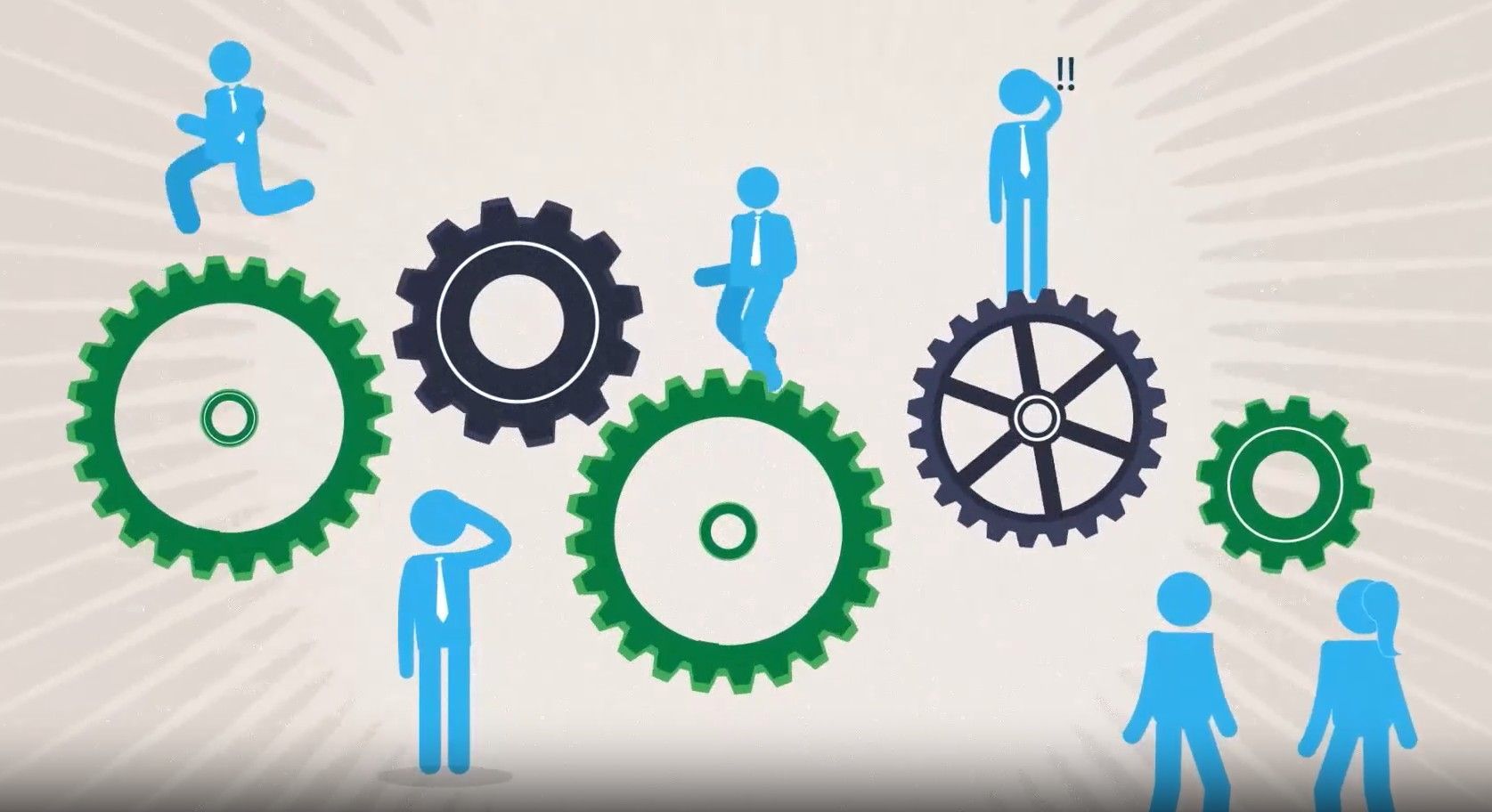How Do the Best Decision-Makers Think?
August 14, 2025
They tend to focus on the what and why of a decision, not the how . You can help your prospects—and yourself and your team—by guiding them to see the true value in your product or service.
All decision-makers have more opportunities and challenges to address than they have time, money, or other resources to address those issues. What sets great decision-makers apart (and leaders, in general) is their ability to consistently make decisions that create the greatest impact. Their decisions get the biggest bang for the buck from limited assets. How do they do it? How does understanding the way they think apply to much better sales results for you and your team?
In our June column, we looked at the value of asking the right questions at the right time during the sales process.* This month we take a look at how questions fit into any leader’s decision-making process, how effective leaders make decisions in general, and why it’s so productive for salespeople to keep that process in mind.
Pro Tip: Ask us for a complimentary copy of “The Top 5 Ways to Create Value during the Sales Call.”
We know that a productive sales process depends on discovery questions, but do we know why? One reason is that asking the right questions in the right ways can communicate the value of your product or service to your prospects much better than simply telling them the value. Questions that demonstrate your knowledge of your prospects’ challenges also build trust, help form relationships in less time, and speed up the sale. Based on the carefully considered questions you ask, decision-making prospects discover value—sometimes surprising value—in their answers.
“ Whenever you see a successful business,
someone once made a courageous decision.”
— Peter F. Drucker
Another reason is that great leaders think in terms of implication : “How will these opportunities impact our business or organization? How much are these challenges costing us?” In other words, they don’t want to know how the clock works; they just want to know what time it is.
Without asking specific questions to get the specific answers they need, leaders can’t fully understand the implications of one decision versus another. Top-producing salespeople know how to ask those questions and provide value by leading decision-makers to productive answers. (We define top producers as the 20 percent of business developers who bring in 80 percent of new sales.)
Thinking in terms of implication, listening for implication, and asking questions about implication is the most efficient path to gaining competitive advantage. Here’s another way to think about it:
| • | Users think in terms of features and benefits: How does it work and what does it do? |
| • | Decision-makers think in terms of implication: What impact will it have? |
In our FOCIS® Selling course we teach participants to develop questions that help decision-makers uncover implications and create value for everyone in the conversation. In fact, we’ve discovered 20 ways to create value and, along with building consultative selling skills and custom sales processes, teach how to use them in the course. (Request the top five as a gift from us.) We provide a guide to the types of discovery questions, the most effective sequence in which to ask them, how many of each type to ask, and when to ask them. In other words, we help participants learn to behave as the best salespeople do: Deliver value by helping their prospects make the best decisions.
“ The terrible dilemma of the hesitant decision-maker:
On an important decision [you] rarely have 100%
of the information needed for a good decision
no matter how much you spend or how long you wait.
And, if you wait too long, [you have]
a different problem and have to start all over.” **
— Robert K. Greenleaf, The Servant as Leader
Great leaders know that to truly think in terms of implication they must somehow discover the unknown—that is, what they don’t know they don’t know. The best way to do that is to learn to think in terms of implication, learn to develop good questions that uncover those implications, and learn to ask those questions in the right way. Effective salespeople can do that during the sales process and deliver value way beyond the product or service they’re selling.
We’d love to learn more about your company or organization’s challenges and talk about how you can think about solving them: 847-446-0008 Ext. 1 or pkrone@productivestrategies.com. You can also learn more about us and our work at www.productivestrategies.com. Thank-you!
_____________________________________________________________________________________________
** Modified from the original for clarity and emphasis: “On an important decision one rarely has 100% of the information needed for a good decision no matter how much one spends or how long one waits. And, if one waits too long, he has a different problem and has to start all over. This is the terrible dilemma of the hesitant decision maker.” — Robert K. Greenleaf, The Servant as Leader
The post How Do the Best Decision-Makers Think? appeared first on Productive Strategies, Inc..










